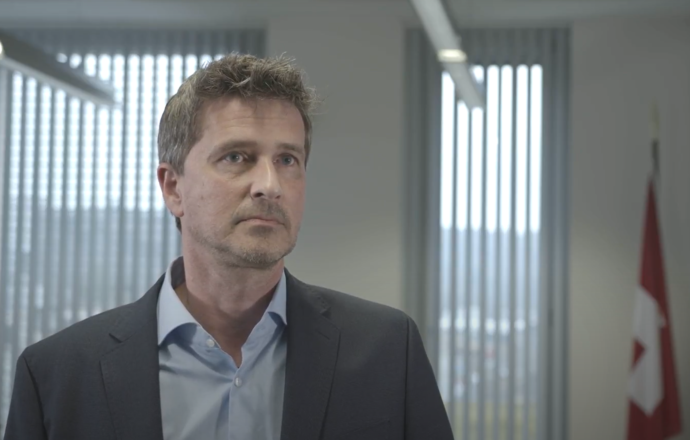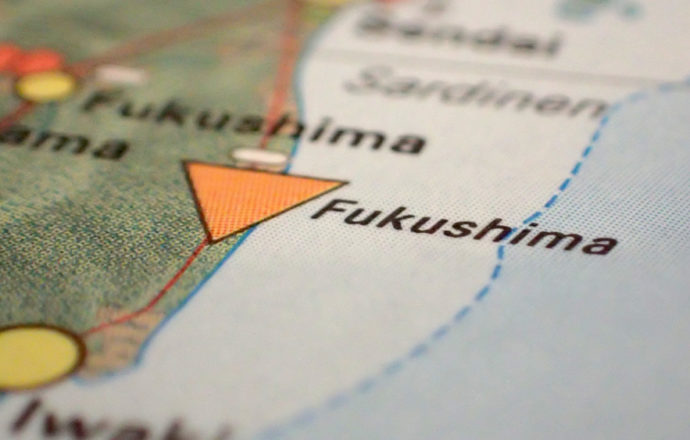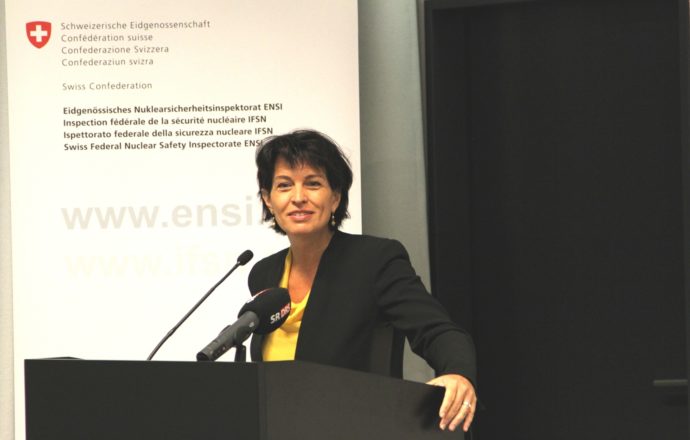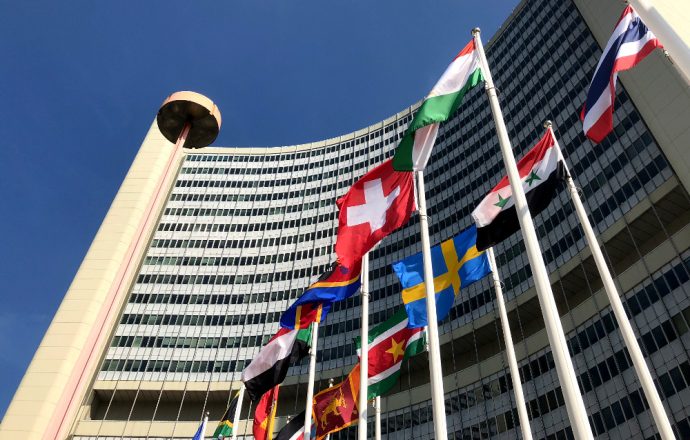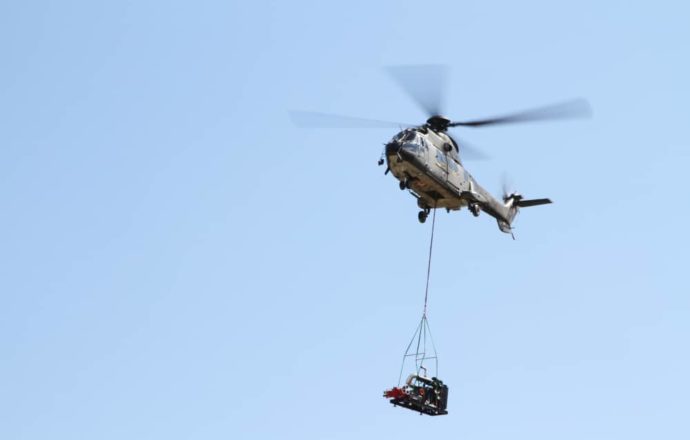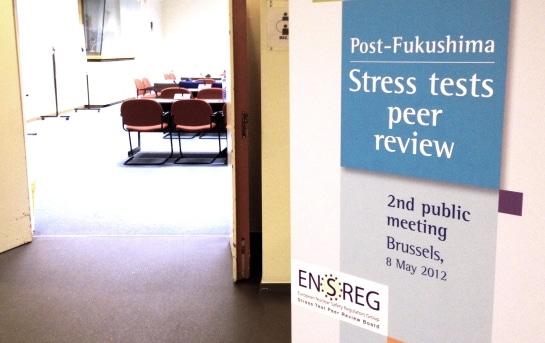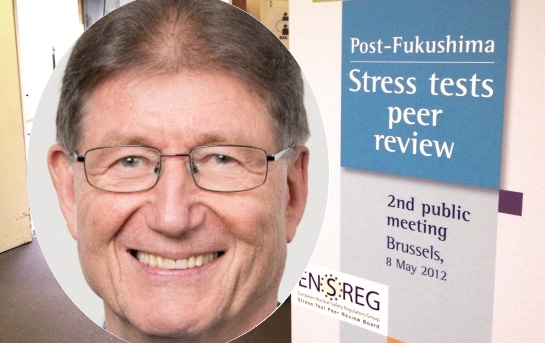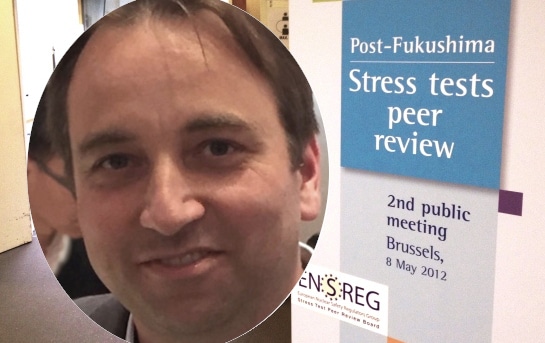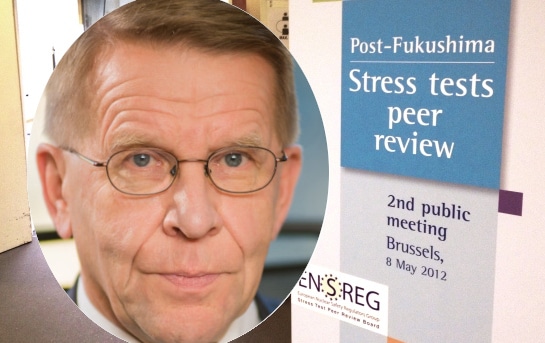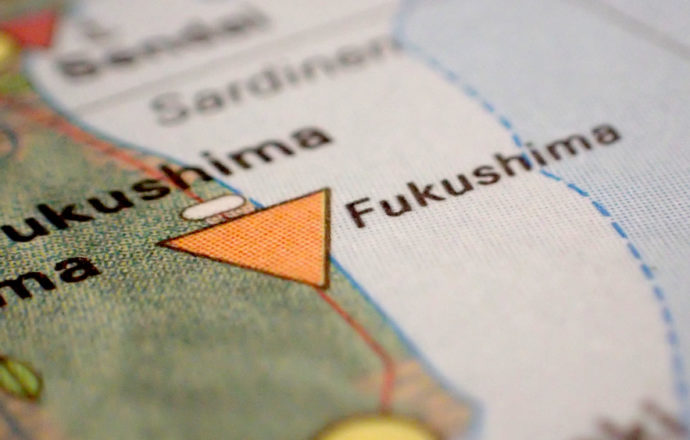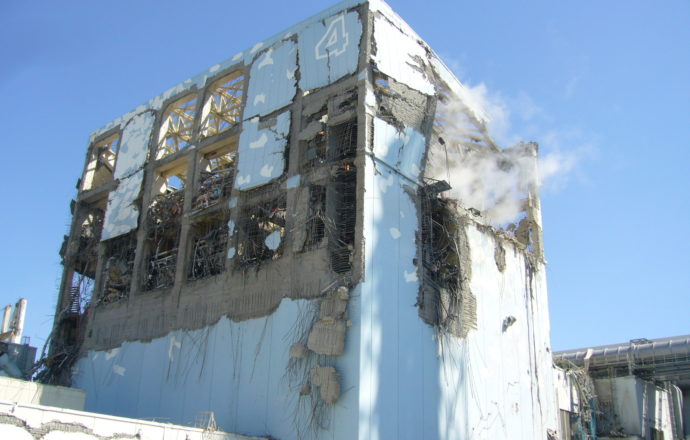Ten Years on from Fukushima
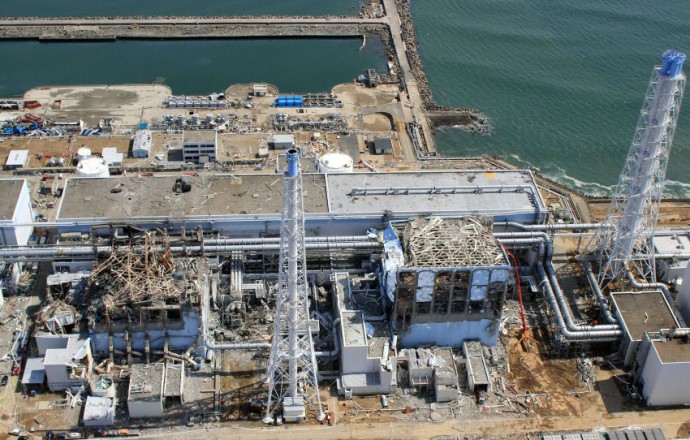
After the accident in Japan, our initial analyses showed that Fukushima did not fundamentally call into question the safety of Swiss nuclear power plants, that safety was guaranteed and that continued operation was responsible. We set to work to analyse the accident in greater depth. With our web series, we want to make a contribution to informing everyone who is interested in the facts of the disaster. In a concise form and in comprehensible language, we will not only shed light on the accident, but also show how we analysed it and used the knowledge gained to improve the safety of Swiss nuclear power plants.

